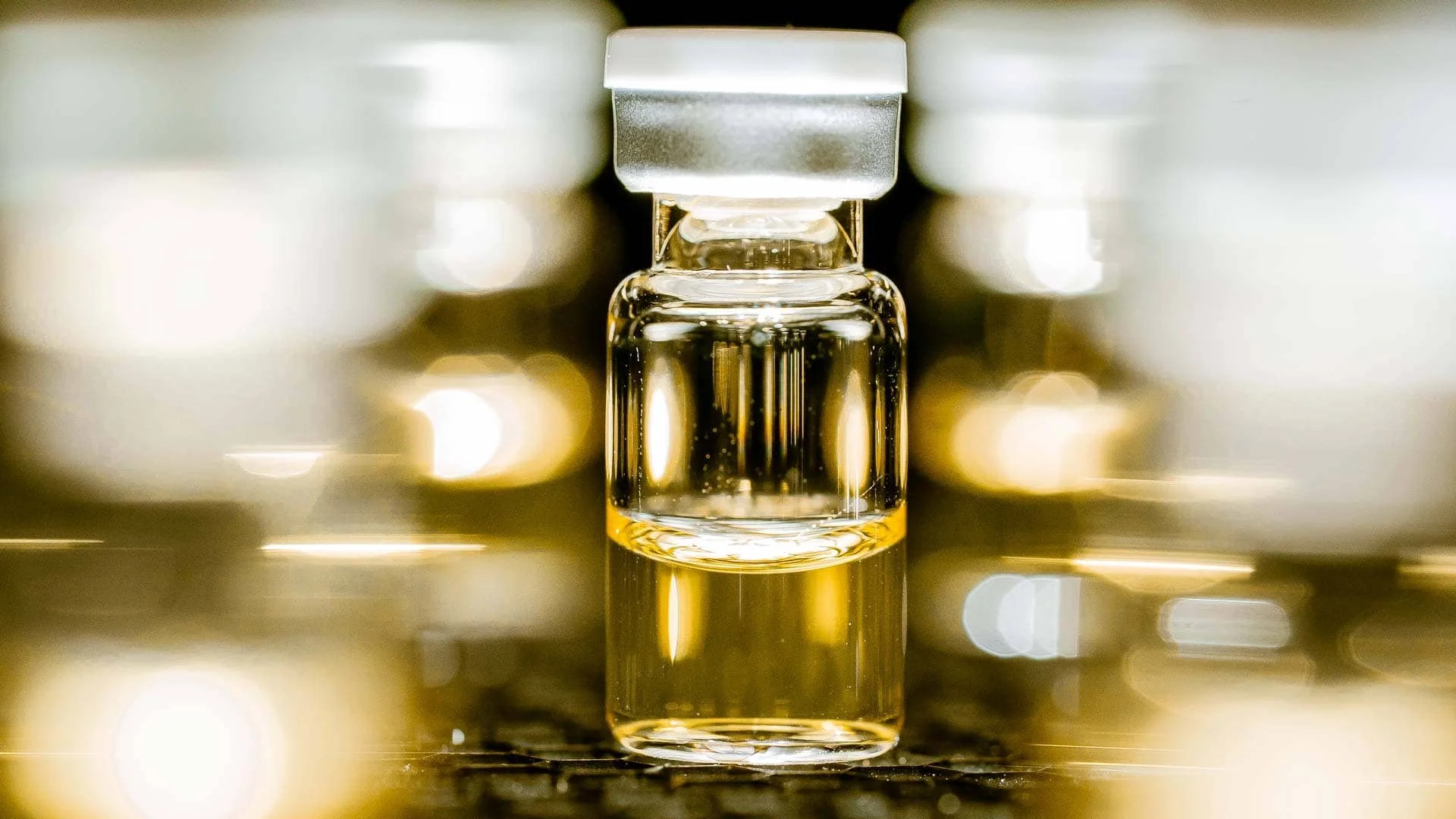As FDA labeling evolves, telehealth scales, and demand for customized hormone therapy grows, pharmacies and outsourcing facilities face new expectations. The next era of menopause care will depend on infrastructure capable of supporting consistent, well-coordinated, personalized hormone therapy services at scale. Here’s what every 503A pharmacy, 503B outsourcing facility, and telehealth organization needs to anticipate next.
Read MoreCompounding pharmacies and hospital health systems will need to have quality built in, not just tested in, to their systems. As described in a recent Pharmacy Practice News article, quality and scientific justifications must be at the center of every compounding practice. This article describes the 10 categories a compounding operation must master to promote product quality and patient safety.
Read MoreThe United States Pharmacopeia (USP) published the latest proposed revisions to General Chapter 795 Pharmaceutical Compounding — Nonsterile Preparations. The maximum BUDs that can be assigned to compounded nonsterile preparations remain similar to the 2019 proposed revisions, however USP introduces the concept of water activity as a major consideration for BUD assignment. Stakeholders have until January 31, 2022 to submit comments about the proposed changes.
Read MoreSome of the most prevalent questions compounding pharmacies and 503B outsourcers ask have to do with the do’s and don’ts of compounding essential copies of drugs. To help compounders sift through the confusion and interpretation, we discuss the most frequently asked questions about compounding an essential copy of an approved drug and provide real life examples.
Read MoreWhen the Food, Drug & Cosmetic Act (FD&C Act) was passed in 1997, the FDA was expected to draft a memorandum of understanding (MOU) of the interstate distribution of compounds. The MOU was supposed to be endorsed by each state and serve as an interagency consensus on how to track and regulate inordinate amounts of compounds shipped across state lines. A system would be put in place that would help FDA identify, inspect, and assess patient safety of these facilities. Finally, more than 23 years after the FD&C Act was passed, the FDA has released its final draft of the MOU.
Read MoreIn this FDA CDER conversation, Ian F. Deveau, Ph.D., Division Director at FDA CDER, discusses how the agency still continues to see harm come to patients due to improperly compounded drugs. While the New England Compounding Center (NECC) was the most infamous tragedy the compounding industry has seen to date, it is not the only incident on record. Dr. Deveau cites that from 1990 to 2005 there have been over 240 cases of adverse events and deaths linked to poor compounding practices.
Read MoreThe FDA cites 503A pharmacies for insanitary conditions. They’ll also cite entities behaving as a 503B outsourcing facility that do not comply with CGMP. So what are the most prevalent FDA observations facing 503A pharmacy compounders today? How can you prevent your firm from suffering the same fate?
Read More







